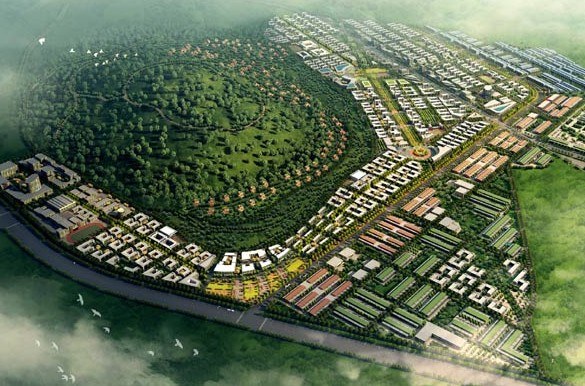Contrary to Western debt and assistance marked by various forms of economic and political overtones, China, using the South-South Cooperation, is in the process of bestowing a mix of loans with generous terms, debt forgiveness, infrastructure development, and other assistance to African nations so that they could be relieved from Western cultural, political, and economic hegemony. African governments have appreciated and responded enthusiastically to this new source of bottom-up, multiple, bilateral investment, trade, and aid because China has professed a willingness to ignore the political, conditional terms that characterize Western assistance.
China’s deepening involvement across Africa can be viewed from two perspectives. The protagonists of political warfare theory argue that China’s policy in Africa is a nonviolent instrument of grand strategy. It involves coordinated activities that could precipitate in tangible effects on intended targets such as economic aid and development assistance, as well as training, equipping, and arming military and security forces to achieve political and economic influence. The South-South development cooperation school of thought, on the other hand, views China’s increased aid, trade, and investment in Africa as a means to foster Africa’s self-sufficiency and sustainable development in the 21st century.
Therefore, the empirical part of this study will attempt to advance the understanding and rationalization of the various Chinese investments in Ethiopia. More specifically, the central motive of this study was to investigate if the Ethio-Chinese investments indicate a win-win strategy. The South-South cooperative win-win ventures are supposed to bring proportional benefits through trade flows, foreign domestic flows, technology transfer, and integration in global value chains, in addition to aid flows, which otherwise the partners would not have access to before entering into these relations. The four case studies seriously challenge the argument of political warfare theorists that China’s investment in Ethiopia would perpetuate underdevelopment through exploitation, extraction, and destruction of Ethiopia’s resources and industrial capacity. Except for the negative environmental externalities caused by the Sino-Ethiopian investments, the case studies have demonstrated that Ethiopia has substantially benefited from the Chinese cooperative investments. The Chinese investments in Ethiopia are not complementary but appear to be aligned very closely with the South-South cooperative strategies and goals.

